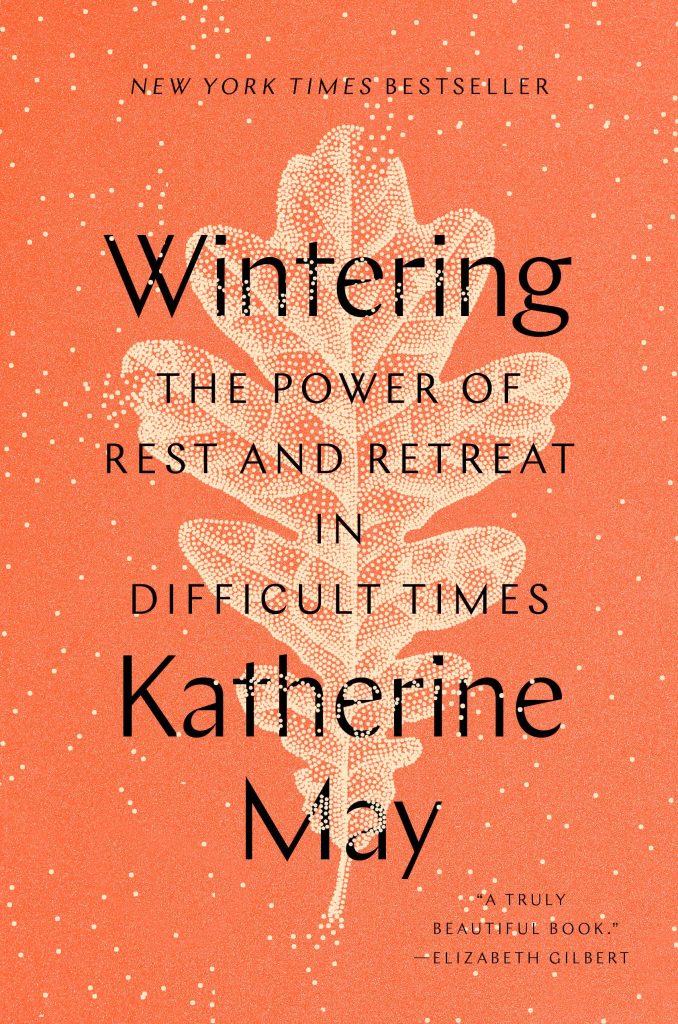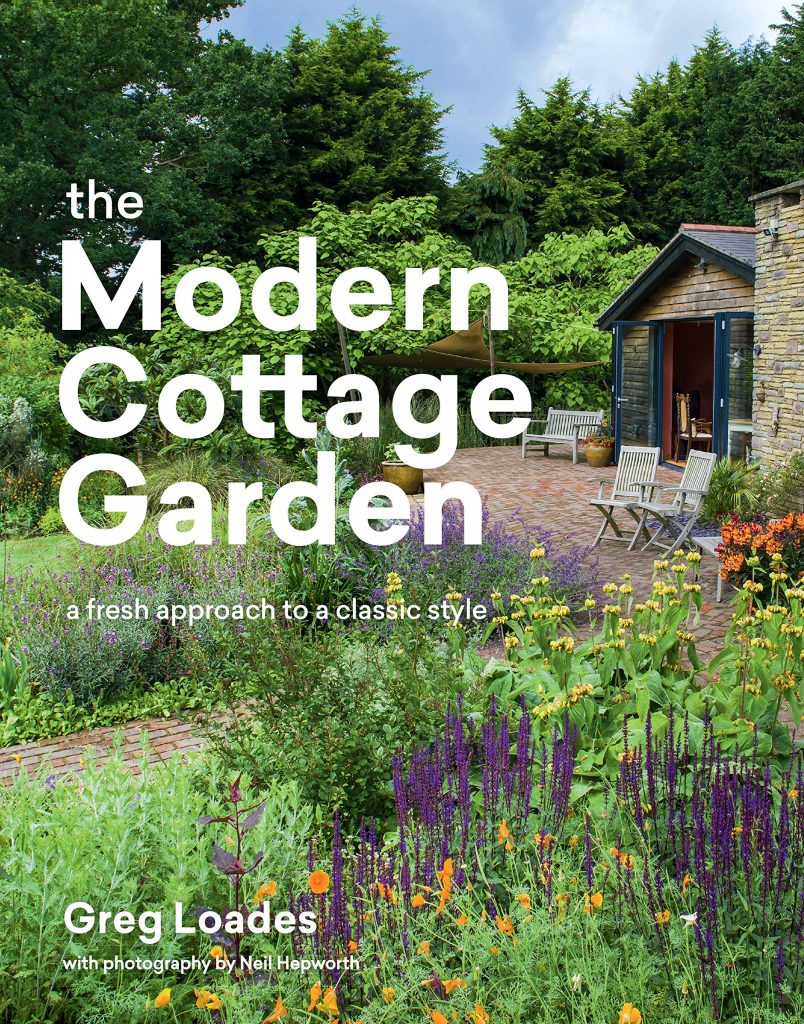June is almost upon us, a month when we celebrate the older adults in our lives, and ourselves if we happen to be older. There is much discussion about the appropriate term to use in this context. Traditionally June was Senior’s month, however many have decided to ditch the work ‘senior’, thinking it inadequate on many fronts. The collective ‘we’ have not yet landed on an alternative word that is widely accepted. ‘Older Adult’ seems to be a slightly more benign; however, many do not appreciate being called old. A connection I have, the Manager of Older Adult Services at Denver Public Library, calls this group 50+. Not 55+ or 65+. Why 50+? She wants to include in this group those on the younger end of the spectrum to be more inclusive, and to help chip away at the stigma of being ‘older’. The thinking is that once a person reaches 50, they have passed into the stage where there is loss in their lives. People close to them have died, their children are either flown from the nest, or close to, they are within sight of retirement and often have parents that need their care. They have more in common with a 65-year-old than a 35-year-old.
Yet, many people do not like being called a 50+ person. Maybe there is just no winning this game of categories, the underlying reason being that we do not want our age highlighted. We don’t want to be defined by our age. We don’t want to age, and we don’t want to die grow old. One of the most difficult and most pernicious forms of ageism is the kind we internalize and use against ourselves.
As the Older Adult Advocate at VPL I have thought a lot about this conundrum. My hope is that people find a way to embrace their own aging process and feel some pride about achieving membership in the older adult club. It often hasn’t been easy but as older adults we’re still here, and we’re thriving! Instead of an anti-aging obsession, let’s discover positive aging and creative aging.
Creative Aging is an exciting international movement that recognizes older adults as having vital contributions to make to society as creators and community members. In learning new creative skills and being challenged, older adults find improved health, greater social connection, and frequent moments of joy. Discovering our creative potential at this point in our lives can be hugely gratifying and a great inspiration to others.
At VPL this June we have a great lineup of programming that can all be found in our What’s On magazine, with registration appearing on our Eventbrite page. Look on page 19 for our Creative Age programs, as well as other positive aging offerings. I don’t have the space to mention all the many programs and events, but instead will highlight a few that I hope will entice.
The Drum & Percussion circle at the Civic Centre Resource Library on Saturday June 15th at 2 pm will be a lively exploration of djembe drumming and polyrhythms. Drumming is for everyone! No experience is necessary. There are many documented benefits of drumming to mental and physical wellbeing and social connection.
Check out this title Whole Person Drumming, authored by Zorina Wolf who recently presented a fantastic drumming session for VPL on Zoom.
Hike & Haiku has been run a few times in the past year and each time it has been a fabulous time where new connections are forged, and beautiful lines of poetry are created along the Humber Trail. This program happens Saturday June 29th from 2 – 4 pm. Register on Eventbrite for instructions on where to meet.
If you’re at a stage when the creative writing lure is pulling you, check out the great titles by Julia Cameron in our catalogue, and consider It’s Never Too Late to Begin Again: Discovering Creativity and Meaning at Midlife and Beyond.
The last program I will highlight is Self-Care for Caregivers, presented by our community partner CHATS. Learn how we as caregivers can take care of ourselves and what we need to what out for to prevent burnout. Civic Centre Resource Library or live on Zoom. Register on Eventbrite. Tuesday, June 4th at 2 pm. Looking for more on self-care? Check out these titles.
Have a Happy Older Adult Month this June everyone!



